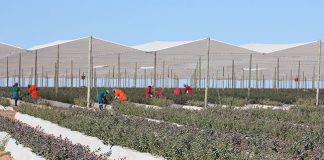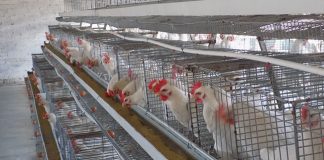
Photo: FW Archive
A new study in Zimbabwe has found that the high concentration of seed companies in that country is promoting price collusion, which is resulting in hybrid maize seed becoming too expensive.
According to a report on the study published in the UK journal, Cogent Food and Agriculture, this reduced the uptake of hybrid maize seed, especially from smallholder farmers, resulting in consistently low average yields.
“This research established that the hybrid maize seed industry in Zimbabwe is highly concentrated, [with] little competition,” the report said.
“This means that there are some firms that have a high degree of market power and could influence prices. Consequently, this may have resulted in the low and declining levels of usage of hybrid maize seed, thereby causing productivity of maize to be low.”
Zimbabwe had 10 hybrid maize seed companies when the study was carried out. The average maize seed prices for nine of the 10 companies were not significantly different, despite the companies having very different costs, the study found.
This suggested that there could be tacit collusion in the pricing of hybrid maize seed in Zimbabwe, the report said.
The researchers recommended government intervention, which prohibited anti-competitive behaviour such as mergers that promoted the dominant position of some firms













